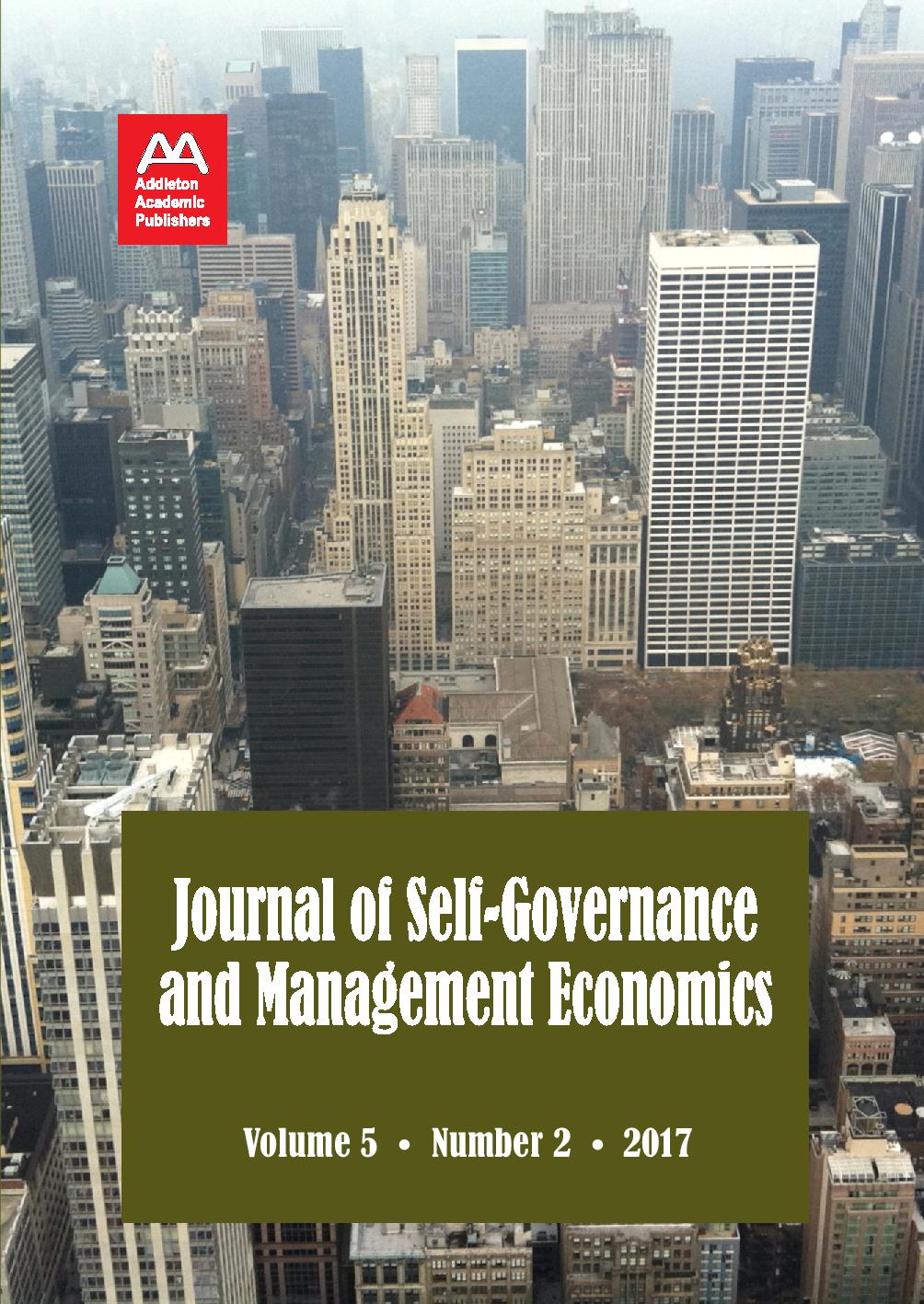XI JINPING’S CHALLENGE: WHAT IS BEHIND CHINA’S ANTI-CORRUPTION CAMPAIGN?
XI JINPING’S CHALLENGE: WHAT IS BEHIND CHINA’S ANTI-CORRUPTION CAMPAIGN?
Author(s): Guilhem FabreSubject(s): National Economy, Public Administration, Labor relations, Politics and law, Corruption - Transparency - Anti-Corruption
Published by: Addleton Academic Publishers
Keywords: China; anti-corruption; politics; economy; Xi Jinping;
Summary/Abstract: The unprecedented campaign against corruption appears as an answer to the erosion of the state party legitimacy, following the extent of social polarization, much higher in detailed representative surveys than in the official statistics. As the new blueprint for reform defined by the 3rd Plenum of September 2013 implies a huge transfer of resources from the party-state and elites to households and small and medium enterprises, vested interests groups tend to defend their privileges. Based on the analysis of the sociologist Sun Liping (Tsinghua University) and on extensive data, from Chinese as well as international sources, this article demonstrates that the anti-corruption campaign aims to destabilize the wall of vested interest groups which, in the name of stability, defend the anti-redistribution status quo. In the same time, anti-corruption is used as an institutional battle horse to strengthen the authority of the new secretary general and president, and to eliminate his political rivals. The recentralization of justice is supposed to control local protectionism and the foot-dragging of the local bureaucracy, which feels threatened. But this authoritarian and top-down policy tends to alienate wealthy Chinese and intellectuals, without succeeding to forge a real social coalition based on the redistribution of income, the condition for higher growth.
Journal: Journal of Self-Governance and Management Economics
- Issue Year: 5/2017
- Issue No: 2
- Page Range: 7-28
- Page Count: 22
- Language: English
- Content File-PDF

